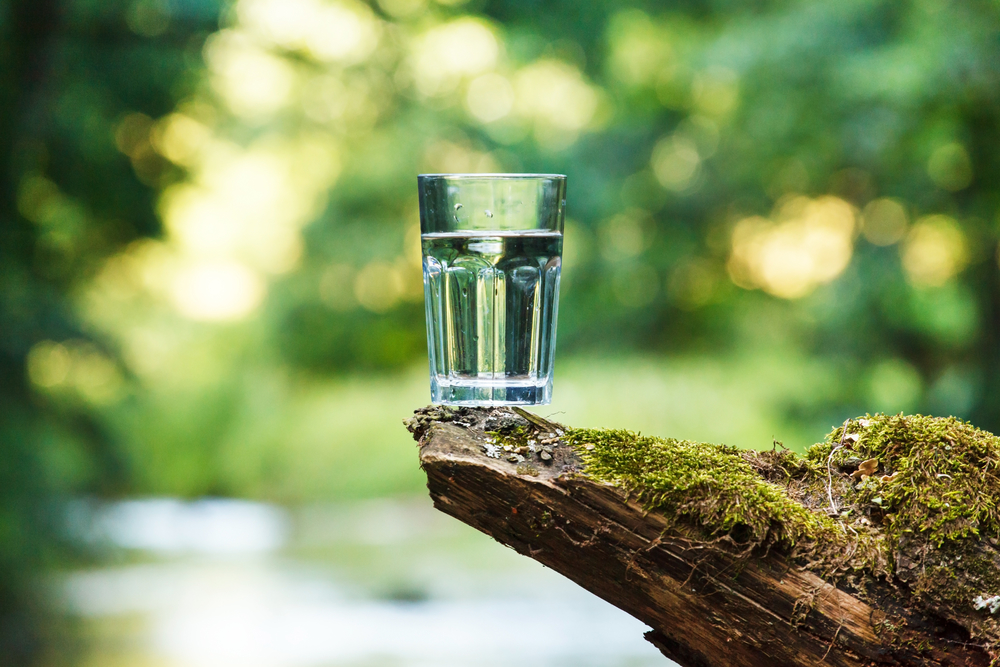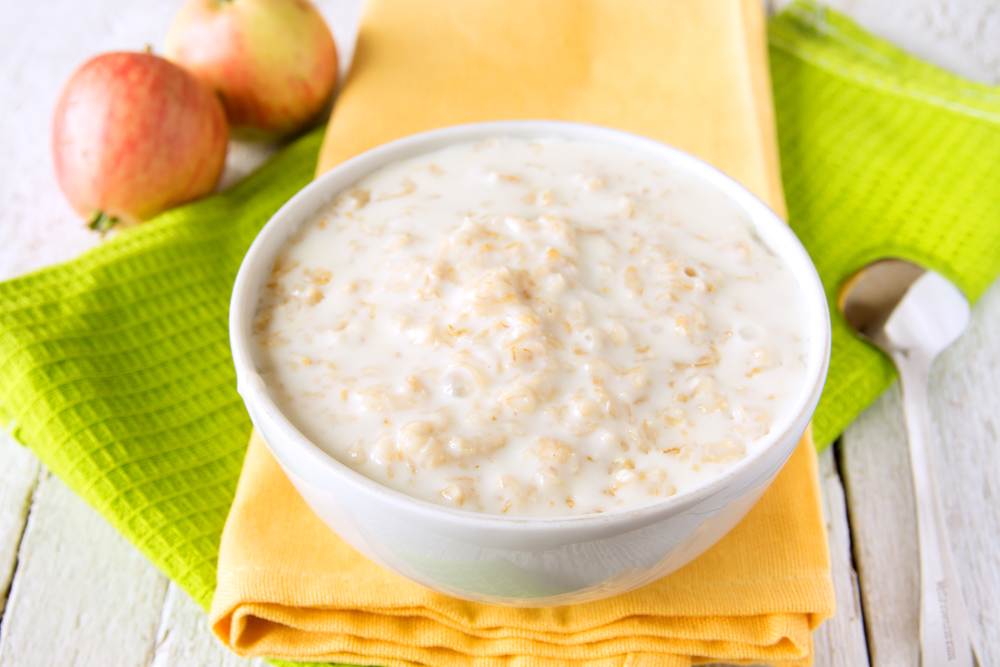Things you should know about water consumption
 Water plays an import role in maintaining our body function. When we have some minor illness, one thing most likely advised is to drink more water. Though water has no therapeutic effects, it indeed brings many health benefits, including boosting our physical performance, enhancing brain function, relieving constipation and aiding in digestion and absorption.
Water plays an import role in maintaining our body function. When we have some minor illness, one thing most likely advised is to drink more water. Though water has no therapeutic effects, it indeed brings many health benefits, including boosting our physical performance, enhancing brain function, relieving constipation and aiding in digestion and absorption.
Healthy people are recommended to drink 2,000 to 2,500 ml of water per day. If you sweat a lot due to high temperature or heavy exercise, you might need to consume more water. Daily fluid intake from food account for 20% of the recommended daily consumption and the rest shall be supplemented from drinks.
Enough water can help take away the waste in human bodies to promote metabolic health. Besides, it can facilitate urination and prevent urinary tract infection and urinary system stone. In contrast, Dehydration can result in some side effects like fatigue and dizziness.
Water at 37℃-39℃ is good for consumption while drinking high-temperature water can do harm to esophageal health. A number of studies have shown that hot drinks consumed at 65℃ to 70℃ can lead to esophageal tumors in mice. The International Agency for Research on Cancer (IARC) has listed drinks consumed at very high temperatures over 65 ℃ as probably carcinogenic to humans (Group 2A).
Water consumption isn’t always good, and some individuals shall limit their water consumption.
People with heart failure
People with heart failure, rheumatic heart disease, coronary heart disease and decompensated heart function should not drink more water. The heart is like a central pump that sheds out blood that flows towards the whole body. The overconsumption of water can increase circulating blood volume, leading to the overburden of the heart, which may finally induce acute heart failure. In addition to the limited water consumption, patients with heart diseases shall take diuretics to facilitate excretion.
People with renal failure
Kidney failure makes it difficult for patients to discharge waste and liquids. The excess water contained in the renal can lead to water intoxication. Therefore, individuals with renal failure and uremia shall pay attention to their water intake.
People with liver diseases
Patients with decompensated cirrhosis and cirrhosis ascites also shall control water and salt intake. Drinking a large amount of water can increase their abdominal distention and worse ascites. Sometimes, they may also suffer from renal insufficiency and need to take diuretics to discharge ascites.


